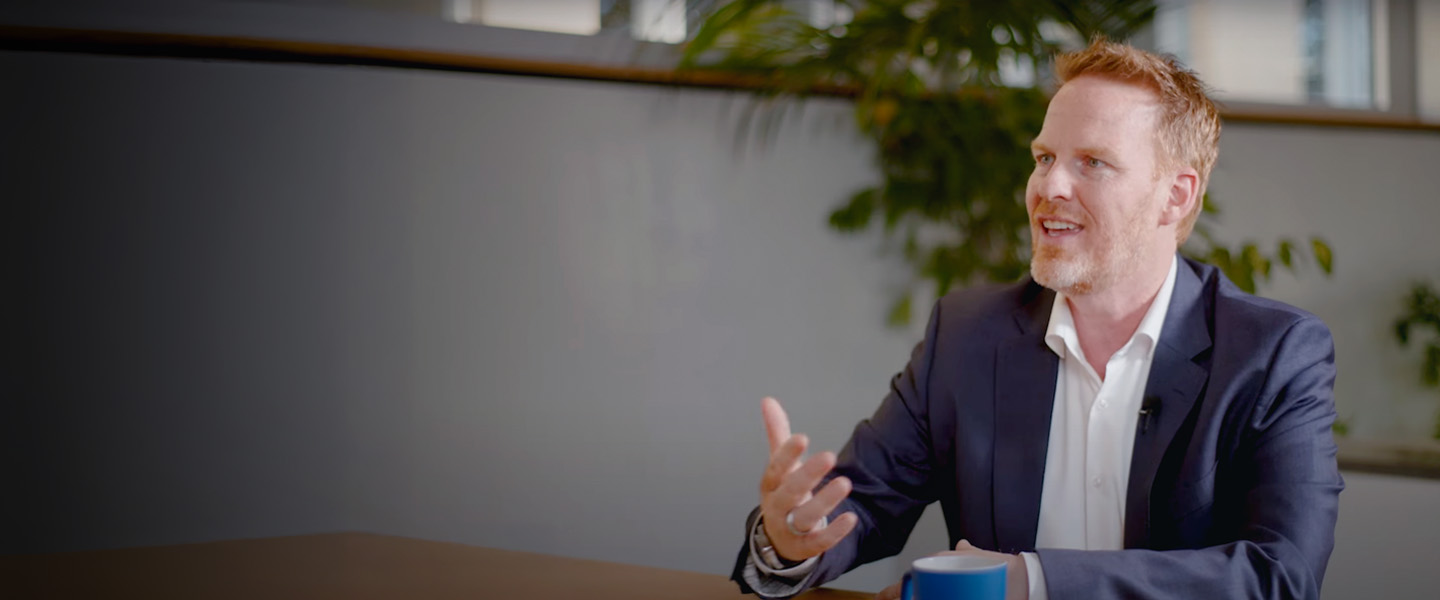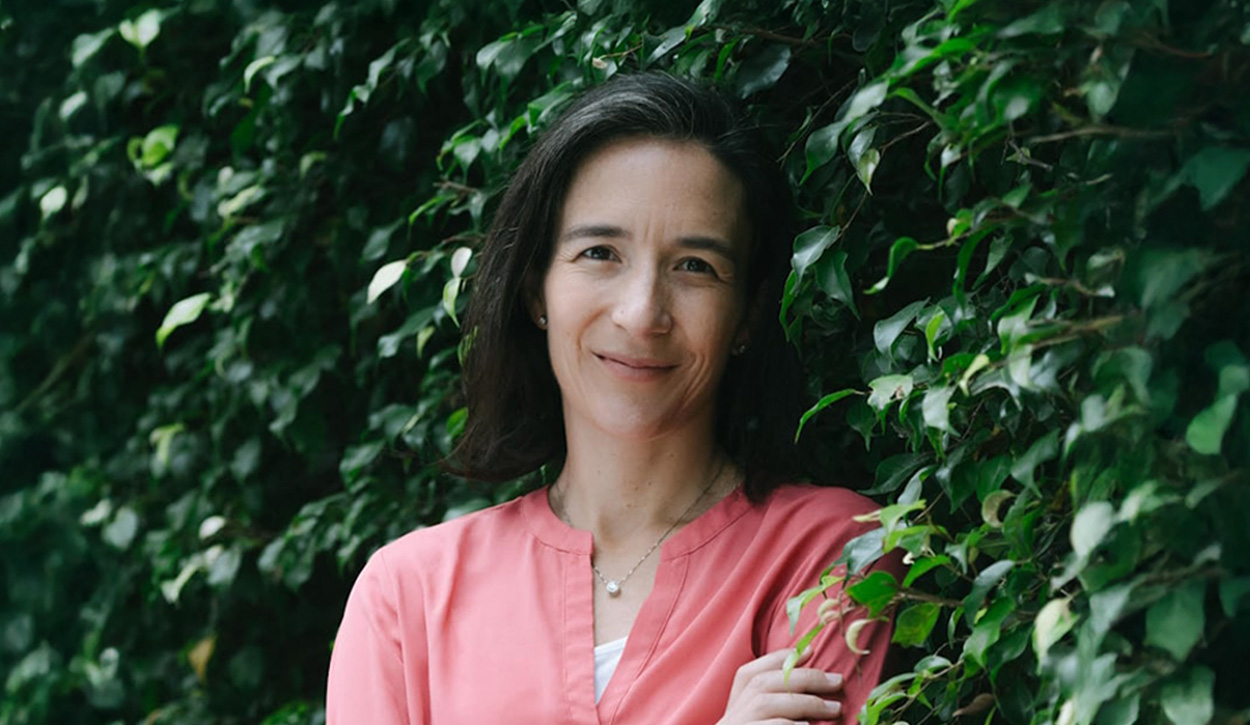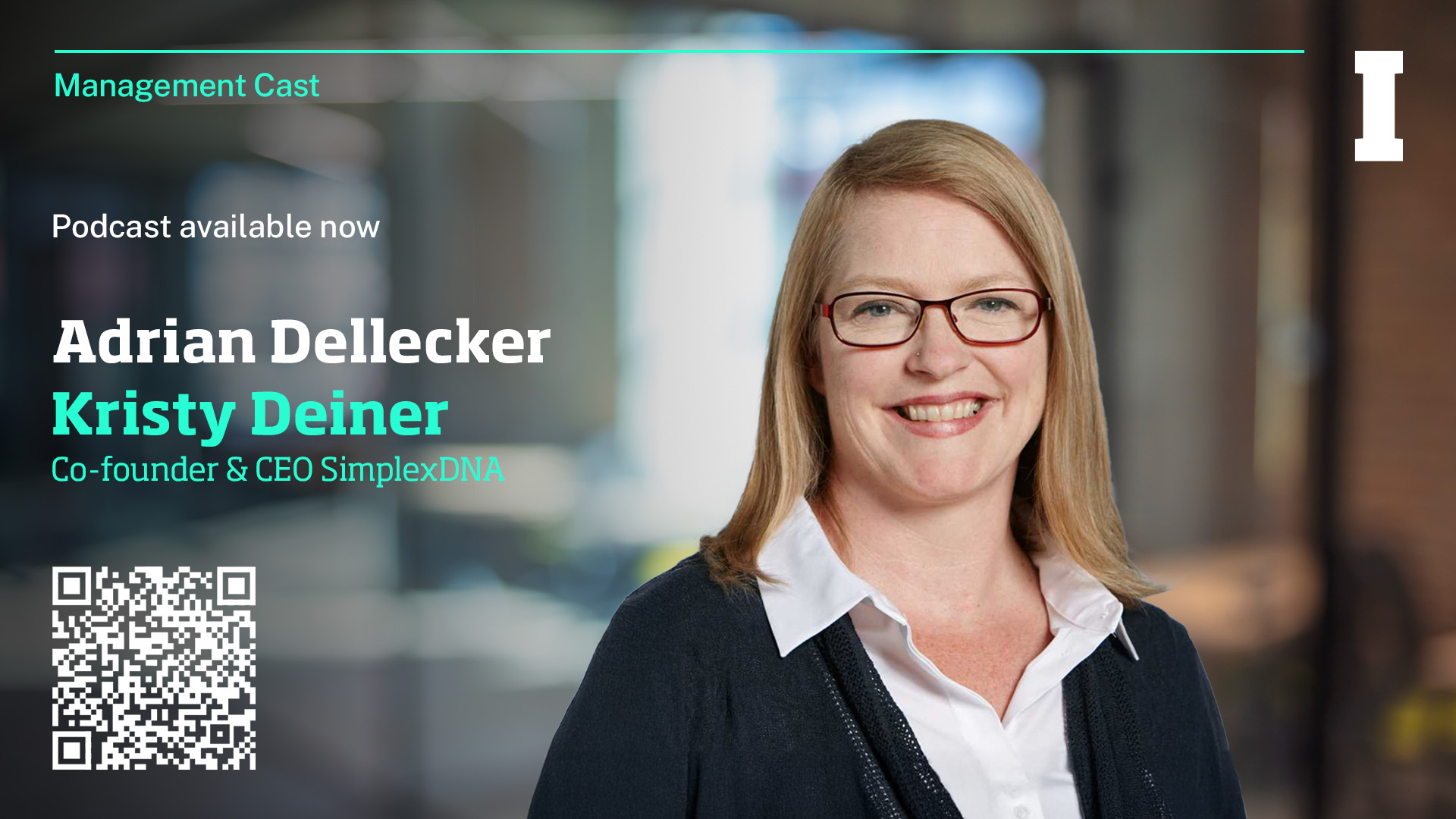Towards a 1.5ºc world: How sustainable finance decarbonized portfolios
The case features Sara Razmpa, head of responsible investment, and Fiona Frick, CEO of Unigestion, at a critical juncture in the Geneva-based asset management firm’s ESG journey: the decision to launch an equities fund that specifically tackles climate change. While Unigestion had launched product families that integrated ESG in the past, this would be a new and more challenging undertaking. The case opens with the two debating between whether to launch a Climate Transition Fund or the more ambitious Paris-aligned Fund. Both methods aligned with the Paris Agreement by placing the portfolio on a 1.5ºC trajectory, with no or limited overshoot, and heading towards net-zero by 2050. However, they differed in their starting points and stringency. Students are placed in the shoes of Razmpa and Frick and need to decide which portfolio to launch – while balancing climate impact, commercial considerations and fund performance. The selection of climate funds is not straightforward. The decision touches on key debate points in sustainable finance: a financial investor’s fiduciary duty, whether to exclude or engage with high emitters and what would be most effective in tackling climate change. Finally, the case includes a practical application exercise where students can construct their own climate-focused portfolio. This is a timely case. There is a growing spotlight on climate change, especially with COP 26 in late 2021. Despite country pledges for net-zero emissions, a UN study found that current fossil fuel production plans set forth by governments worldwide for 2030 is double the level required to limit global warming to 1.5ºC. The financial sector, as a key allocator of capital, has a key role to play. This case can help students better understand the role financial institutions can play in the transformation towards a 1.5ºC world, the nuances of building climate positive portfolios and how to critically analyze different climate strategies and their implications.
1. Describe different ESG investment methodologies. 2. Evaluate how to integrate environmental factors to build a climate-focused portfolio. 3. Implement the ESG integration process for a Climate Transition Fund or Paris-aligned Fund. 4. Assess the reputational risks and opportunities of building different types of climate change portfolios. 5. Critically reflect on the role of financial institutions in engaging with corporates for business model transformation towards a 1.5ºC world in 2050.
Unigestion, Finance and Insurance, Financial Services
2021
Cranfield University
Wharley End Beds MK43 0JR, UK
Tel +44 (0)1234 750903
Email [email protected]
Harvard Business School Publishing
60 Harvard Way, Boston MA 02163, USA
Tel (800) 545-7685 Tel (617)-783-7600
Fax (617) 783-7666
Email [email protected]
NUCB Business School
1-3-1 Nishiki Naka
Nagoya Aichi, Japan 460-0003
Tel +81 52 20 38 111
Email [email protected]
IMD retains all proprietary interests in its case studies and notes. Without prior written permission, IMD cases and notes may not be reproduced, used, translated, included in books or other publications, distributed in any form or by any means, stored in a database or in other retrieval systems. For additional copyright information related to case studies, please contact Case Services.
Research Information & Knowledge Hub for additional information on IMD publications

This episode takes you behind the scenes of a recent gathering led by the World Business Council for Sustainable Development together with IMD, where David Bach sat down with two sustainability leaders.

Discover four proven strategies for sustainable and efficient green transition. Split operations with ring fencing to fast-track your green goals.

Join IMD Senior Researcher Adrian Dellecker and Mariana Sarmiento of Terrasos to explore business opportunities in voluntary biodiversity credits and environmental innovation.

Explore eDNA science with Kristy Deiner on the IMD Management Cast . Learn how genetics, biodiversity, and data analytics shape conservation and the bioeconomy.

Subsidies of renewables has led to electricity prices frequently falling to less than zero leading to opportunities for consumers
The rapid expansion of generative artificial intelligence (GenAI) has delivered significant business advantages, like enhancing automation, efficiency, and decision-making capabilities across industries. However, these innovations come with enviro...

Once corporate activists, today’s CSOs are business integrators. 6 ways the CSO role is evolving: strategist, risk mitigator, innovator, regulator, storyteller, and leader.

AI is revolutionising industry by improving efficiency and driving sustainability. Discover how data-driven insights shape a greener future

Chanel Global CFO and IMD Executive in Residence Philippe Blondiaux explains how finance leaders can sustain a long-term focus on sustainability while addressing short-term challenges.

Discover a framework for Responsible Leadership, guiding you to lead with care and ethics in an increasingly turbulent and complex world.
Research Information & Knowledge Hub for additional information on IMD publications
Research Information & Knowledge Hub for additional information on IMD publications
in I by IMD
Research Information & Knowledge Hub for additional information on IMD publications
in I by IMD
Research Information & Knowledge Hub for additional information on IMD publications
Research Information & Knowledge Hub for additional information on IMD publications
Research Information & Knowledge Hub for additional information on IMD publications
in I by IMD
Research Information & Knowledge Hub for additional information on IMD publications
in I by IMD
Research Information & Knowledge Hub for additional information on IMD publications
in I by IMD
Research Information & Knowledge Hub for additional information on IMD publications
in I by IMD
Research Information & Knowledge Hub for additional information on IMD publications

